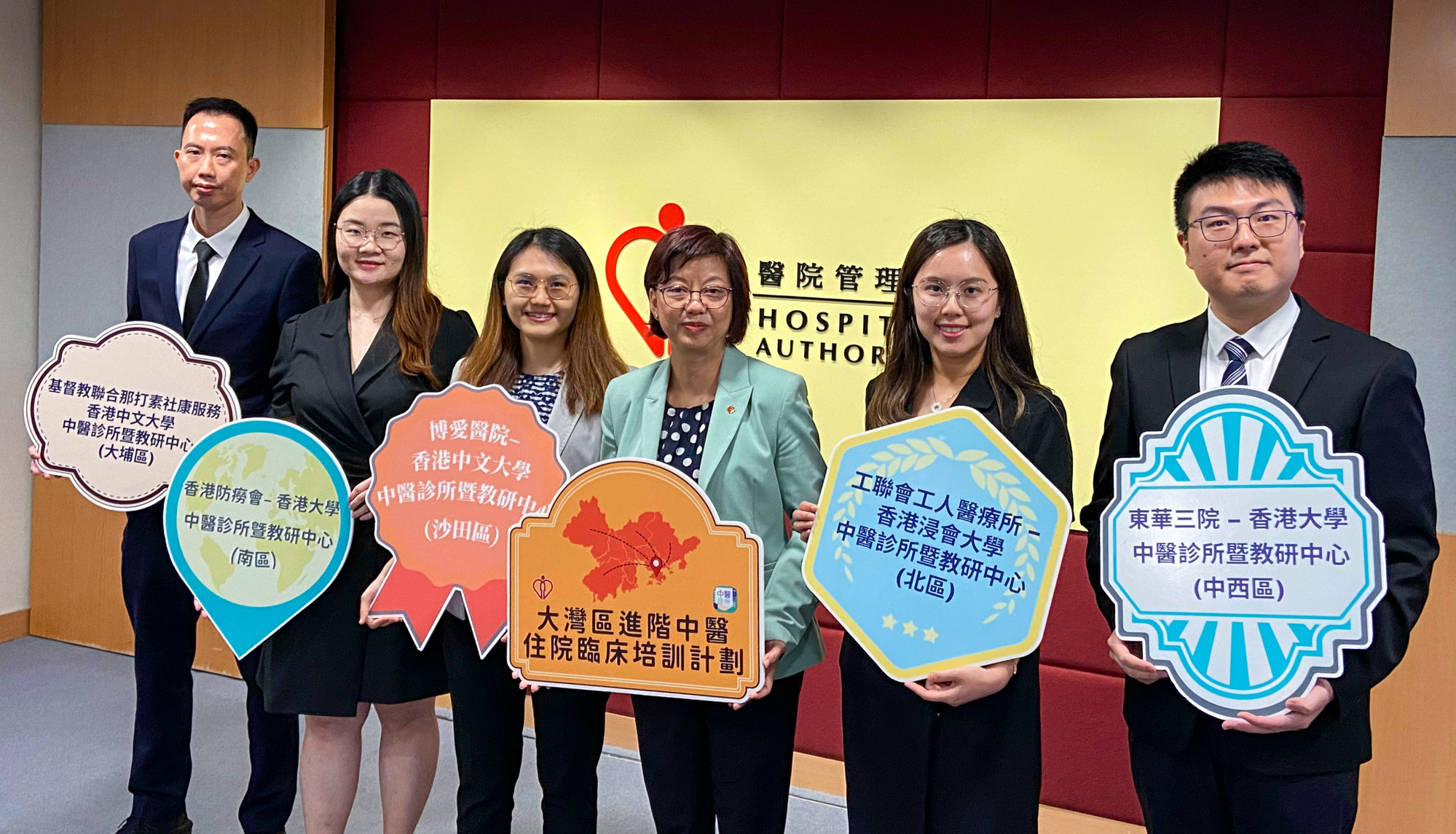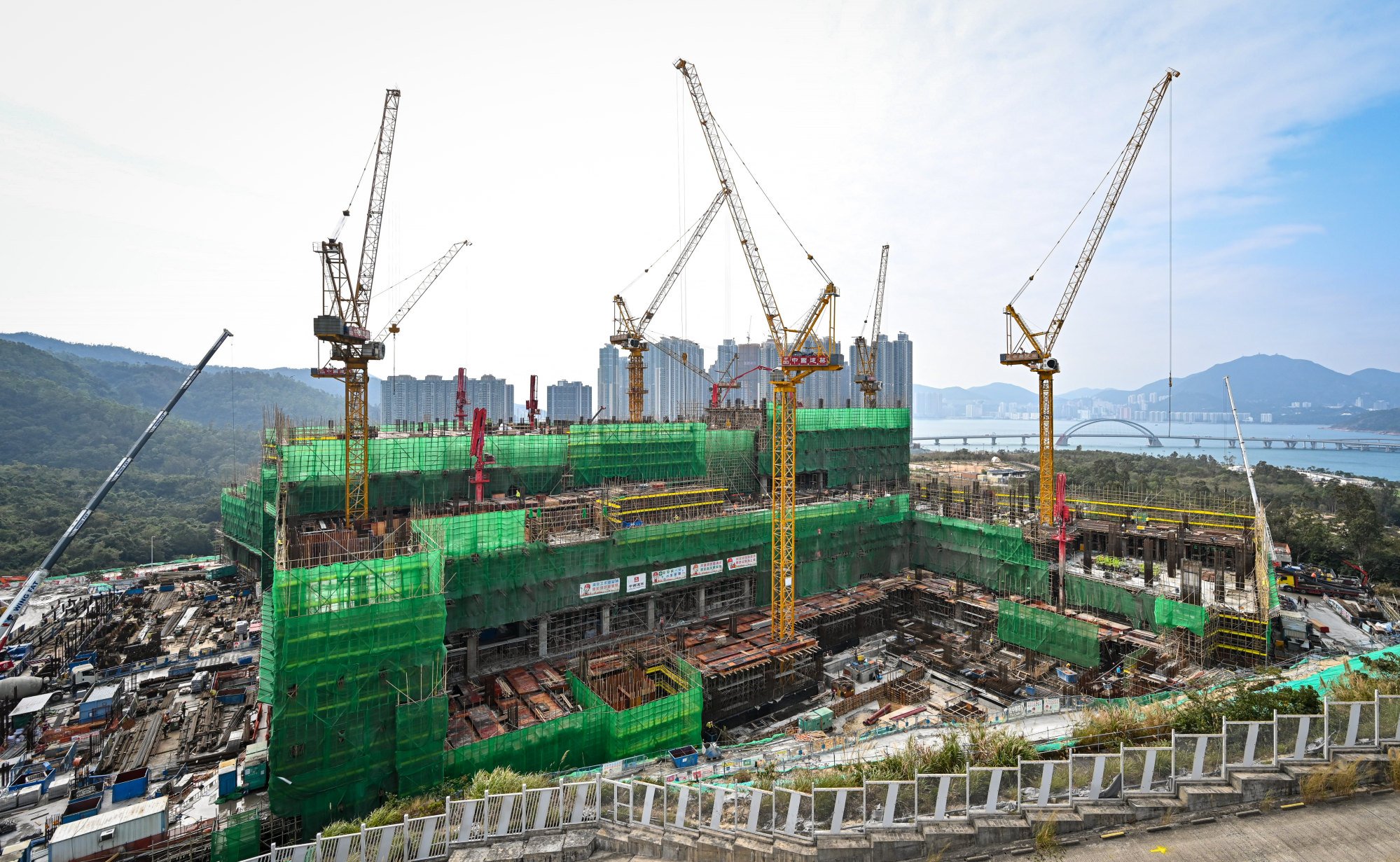
Hong Kong to send 20 TCM doctors to mainland China every year to get inpatient care training
- Traditional Chinese medicine practitioners to receive eight months of training on the mainland and another 16 months in Hong Kong as part of public scheme
- Scheme aims to improve practitioners’ professional skills as first specialised hospital expected to open end of 2025
Public hospitals in Hong Kong will send 20 traditional Chinese medicine doctors to mainland China every year to receive inpatient care training, as part of a government plan to enhance the practice’s role at local institutions.
As the city’s first specialised hospital is expected to begin operations by the end of 2025, Rowena Wong How-wan, the Hospital Authority’s chief manager in Chinese medicine, said on Tuesday that the scheme aimed to improve practitioners’ professional skills.
“We believe the arrangement would be very helpful in enhancing the practitioners’ practical experience and clinical skills,” Wong said.
So far, five practitioners have joined the authority’s Chinese Medicine Enhanced Inpatient Training Programme with the Greater Bay Area.

The two-year programme consists of eight months of training in a hospital on the mainland and another 16 months at Hong Kong’s public healthcare facilities.
The scheme that kicked off in April targets practitioners with at least eight years of experience and is part of the existing Integrated Chinese-Western Medicine Programme in public hospitals.
In the initial phase of the programme, training participants on the mainland were arranged to treat stroke patients at Guangdong Provincial Hospital of Traditional Chinese Medicine and would be taking turns in neurology and acupuncture.
They also received a temporary registration status valid for two years on the mainland, allowing them to prescribe medicine and treat patients independently.
First Hong Kong Chinese medicine hospital to showcase Western, TCM collaboration
Wong Tun-kei, one of the scheme’s practitioners, said he was able to handle patients suffering more serious conditions on the mainland, as he usually treated relatively stable cases in Hong Kong.
“Under the speciality of acupuncture [on the mainland], we have also admitted more urgent patients, such as those with lung infection or were likely to develop heart attack,” Wong said. “We do not see these cases often in the outpatient clinics or the integrated medicine programme in Hong Kong.”
Wong, based in a clinic jointly operated by Tung Wah Group of Hospitals and the University of Hong Kong in Sheung Wan, added that he was also able to learn more acupuncture approaches to treating stroke patients.

Chow Wing-yan, another participating practitioner, said she had learned more about handling the overall administrative procedures for hospital patients.
“On the mainland, we had to take part in the patients’ procedures from admission to discharge, including inquiry on the condition and what treatments the patients received, conducting check-ups on nerves and marking medical records,” Chow said.
She said that in Hong Kong, she usually just had to focus on prescribing medications and performing acupuncture on patients after her counterparts in Western medicine carried out check-ups and gave diagnoses.
Hong Kong has stepped up its collaboration between the city’s healthcare professionals and those on the mainland over the past year. On Monday, the authority welcomed a group of more than 100 professionals from Guangdong who were part of the Greater Bay Area Healthcare Talents Visiting Programmes.
They included 13 Chinese medicine experts working in the integrated medicine programme and about 100 nurses in citywide hospitals.

